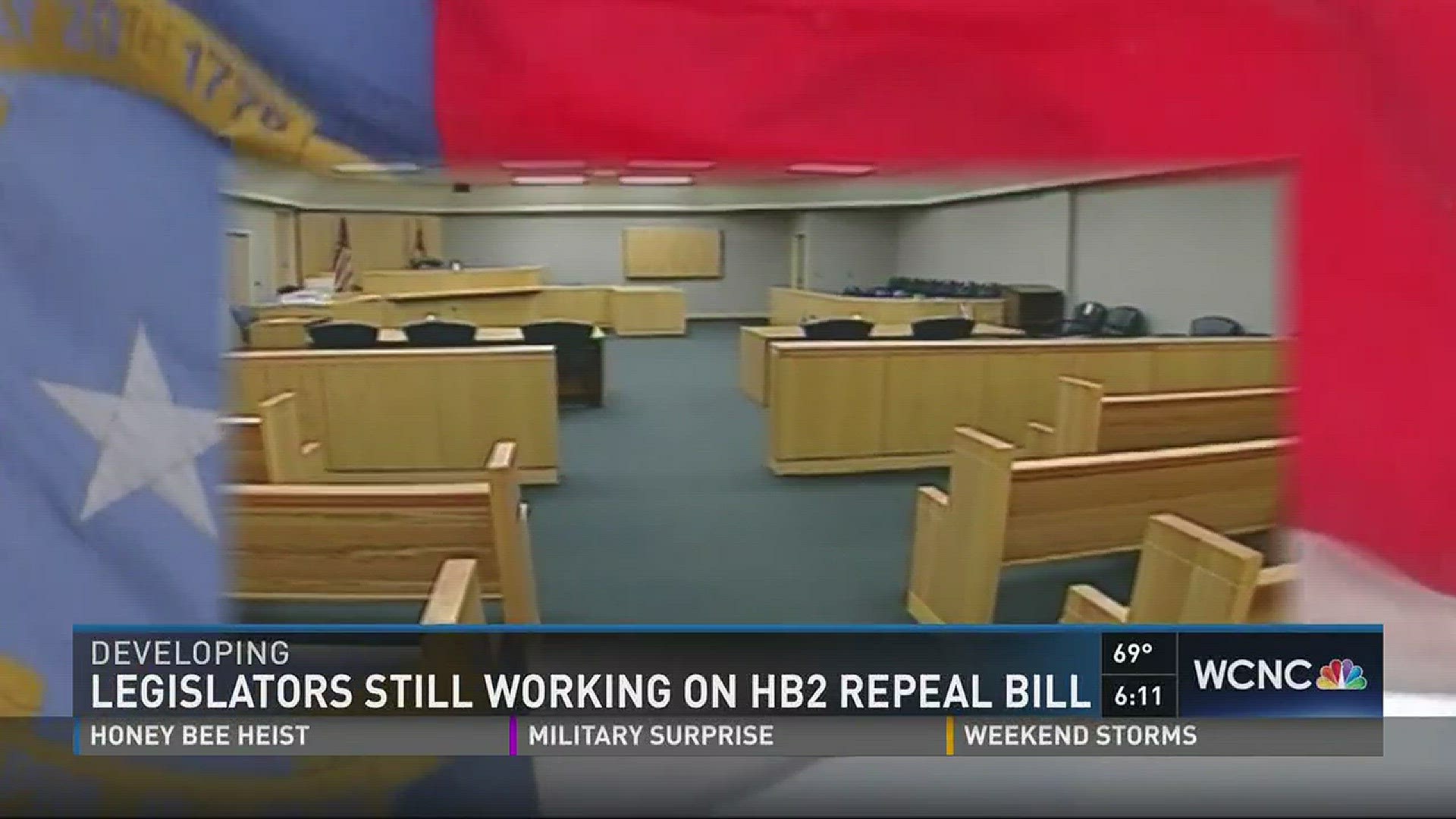CHARLOTTE, N.C. – It has been exactly one year since the Republican-led General Assembly in Raleigh passed what is called House Bill 2 or simply, HB2.
It became known as the bathroom bill, restricting the use of restrooms to one’s gender as listed on a birth certificate.
While supporters said it protected women and children’s privacy, opponents of HB2 saw the measure as anti-LGBT.
Fallout came swiftly. PayPal cancelled plans to expand its business in Charlotte, a move that cost 400 jobs, Bruce Springsteen and other entertainers pulled out of scheduled concerts and the NBA moved the 2017 All-Star Game out of Charlotte.
The national spotlight was on North Carolina.
Virginia Governor Terry McAuliffe tweeted, “To NC companies and families tired of anti-LGBT attacks like #HB2 – Virginia welcomes you, no matter who you love.”
An attempt to repeal HB2 last December failed after a dispute between Charlotte City Council and Republican legislative leaders in Raleigh.
State Senator Joel Ford announced he is running against Mayor Jennifer Roberts, who many blame for pushing the Charlotte anti-discrimination ordinance that led to HB2.
Ford this week offered a new bill to repeal HB2 saying in a statement, “Here is the political reality: there will be no repeal of HB2 without brokering a workable compromise with the super majority Republican caucus’ in the State House and State Senate.”
Democratic Governor Roy Cooper who is opposed to HB2, called today a “dark anniversary” for the state but added, “I have offered numerous compromises and remain open to any deal that will bring jobs and sports back to North Carolina and begin to repair our reputation.”
But time is short. The NCAA is expected to announce the winners of bids for a new round of championships in mid-April, and if HB2 is still the law, North Carolina could be shut out for the next 6 years.

